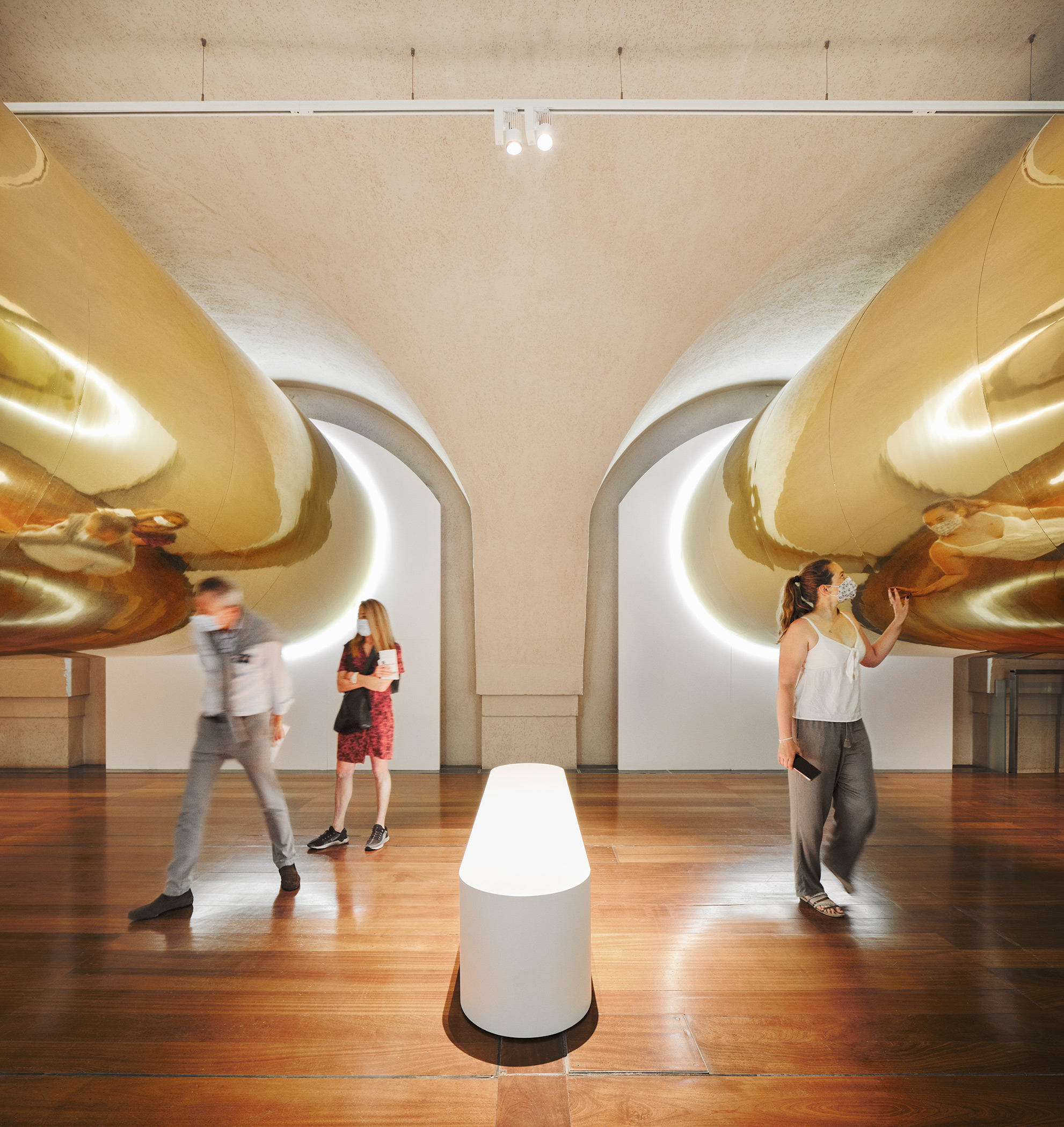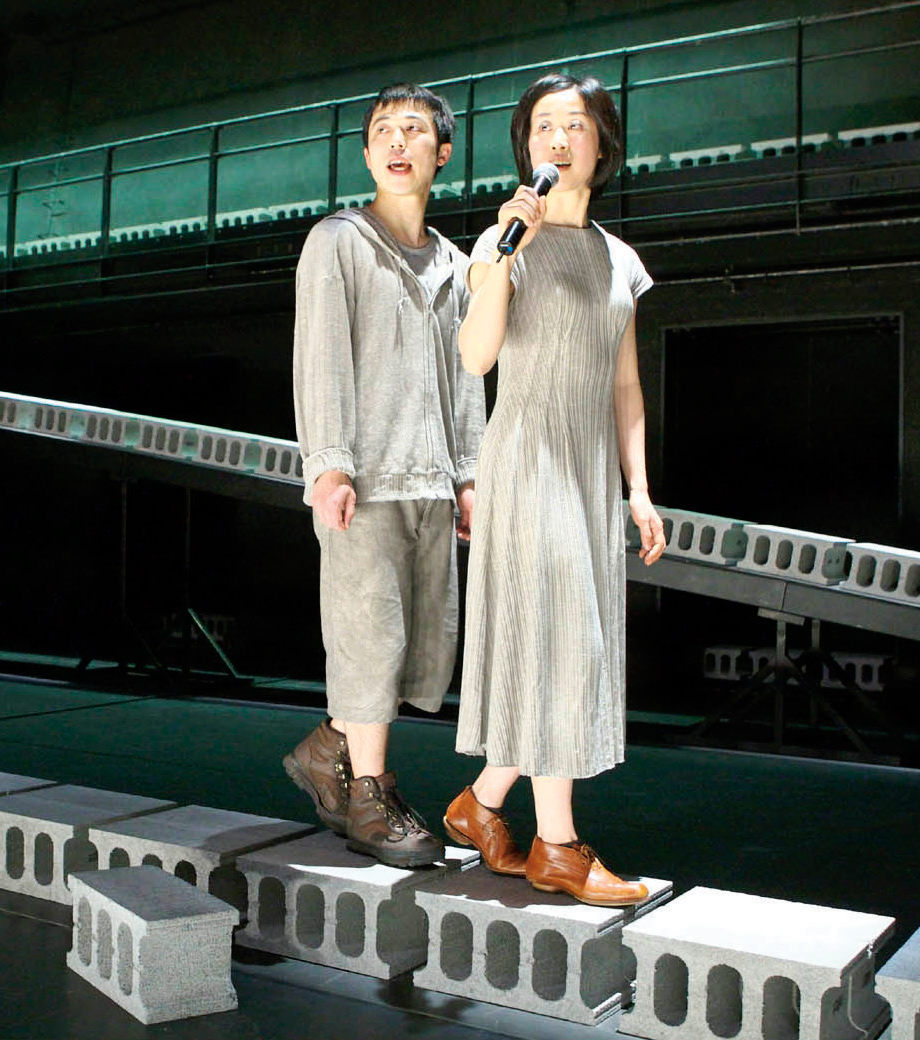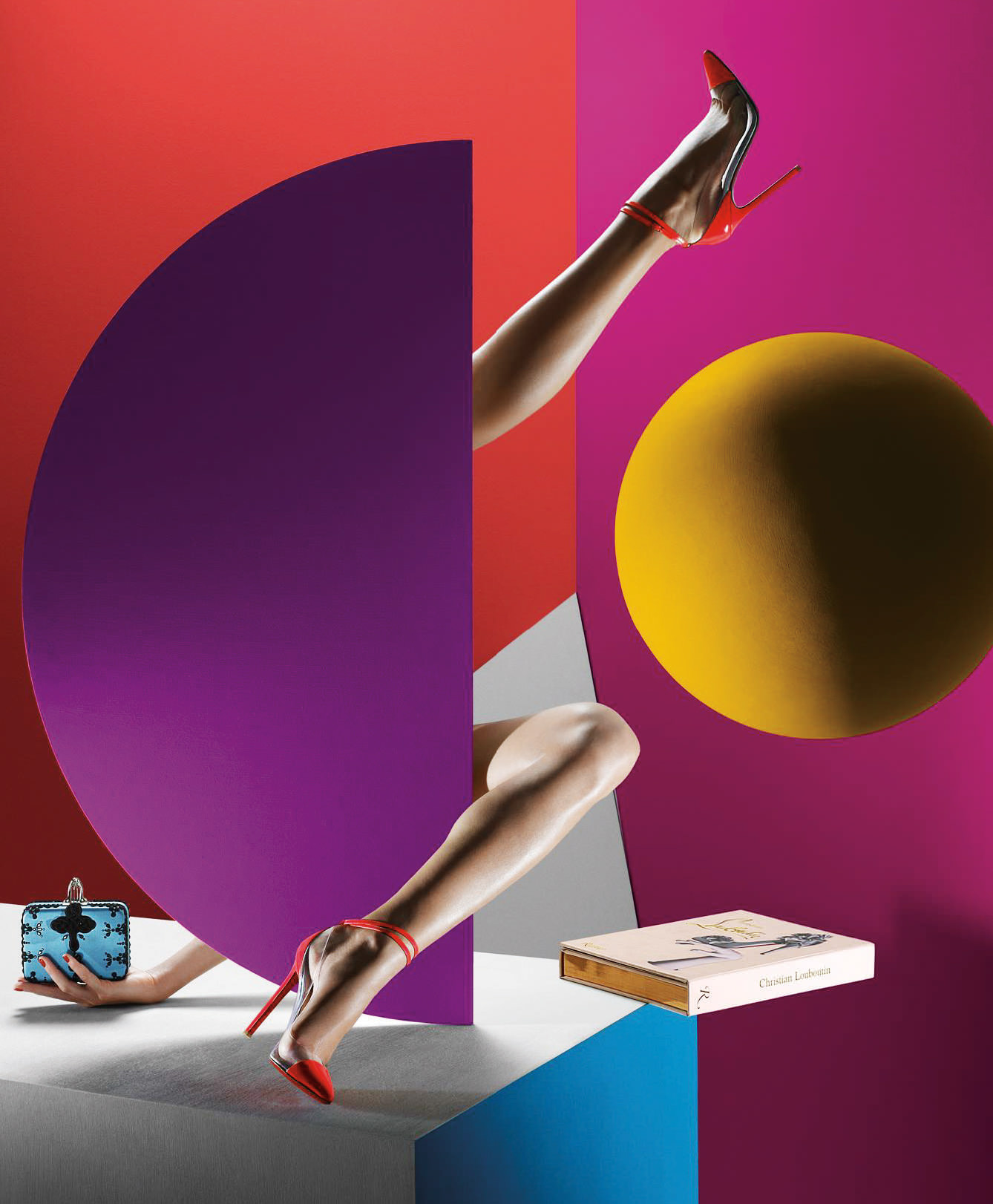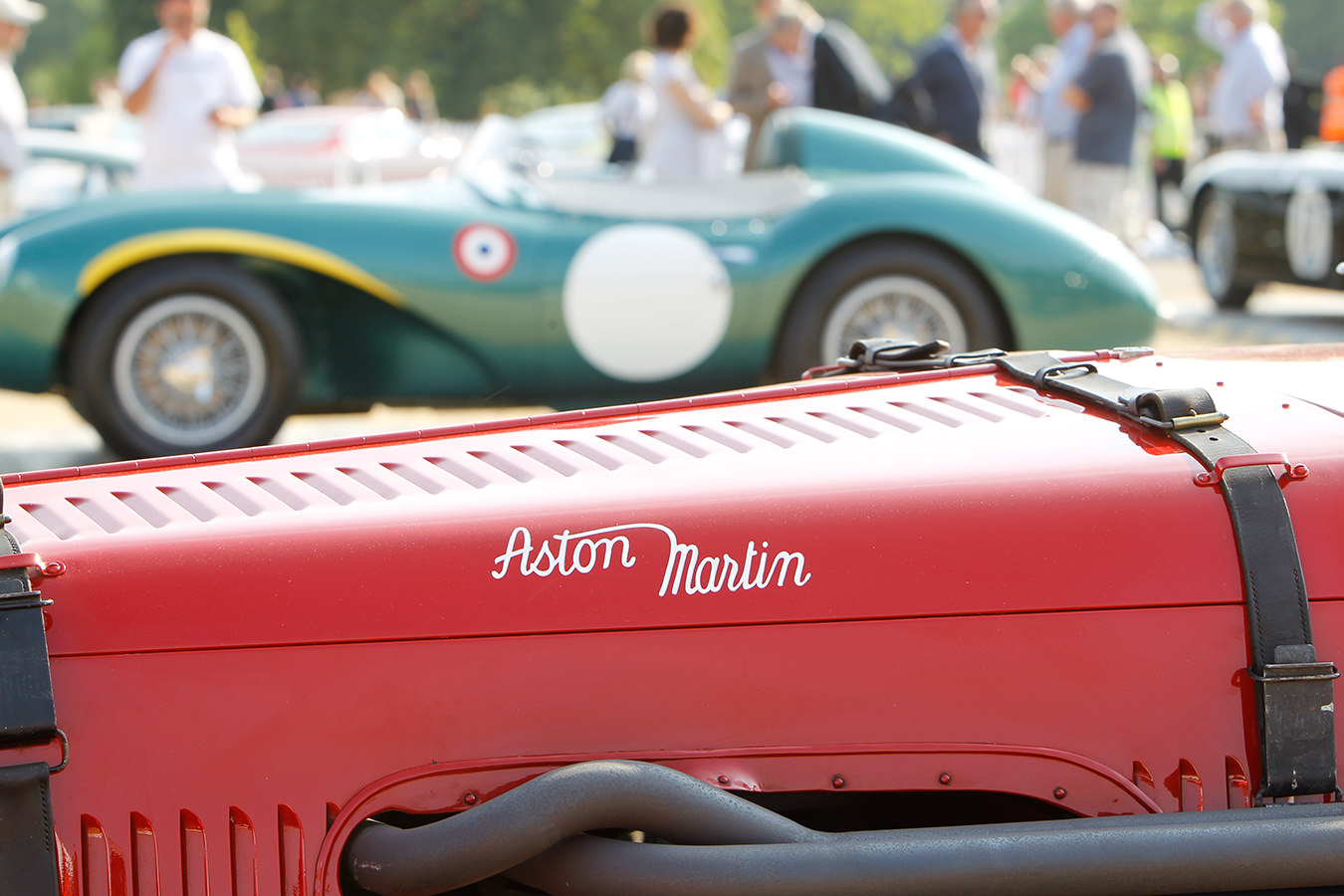Revery Architecture Represents Canada at the 2021 London Design Biennale
DUCkT at the Canada Pavilion forces conversation about climate control.

The London Design Biennale is taking off. The event, which runs until June 27, brings together some of the best designers in the world. The theme of this year’s event is “Resonance,” a broad concept that references both collaborative inspiration and how events affect many people at once. Based in historic Somerset House, the event will see thousands of people view the exhibitions through a new “one-way” COVID-friendly system.

Revery Architecture, based in Vancouver, where it is constructing some of the most exciting new buildings in the city, is led by Venelin Kokalov. The firm’s contribution as the representative from Canada is literal: DUCkT highlights the pervasive reliance on artificial heating and cooling systems. The questions the exhibition raises are not simple. In a country with such a varying climate, where artificial temperatures are often needed, can the current systems be sustainable long term? And do the prevalence of these systems encourage people to build in a way that is inefficient?
The work has two giant luxurious gold ducts that reflect the viewer while also forcing their movement to respond to the structures. This is a very literal representation of the human-centred nature of these designs. No one is just an observer when it comes to the habits we have developed in our lived environments.

“We are not moralists, and clearly, as architects we are as guilty as everyone else, but we don’t need to be politically correct either,” Kokalov says. “Our aim is to use this platform to raise some very important questions. We need people to reflect and act, and there’s nothing more compelling than feeling within your own body the physical discomfort of bending to these constraints in order to achieve the thermal comfort we have become accustomed to.”
Clearly, what Kokalov means is that it is no use beating around the bush when it comes to some of the exigencies of climate change, and that being uncomfortable can be necessary to getting to the point where we address the pressing problems of our time.
“As a society, we have become so used to comfort and excess that we have stopped imaging that things could be done differently, and we have somewhat blocked the bigger picture in front of us,” he says.
Photography by Henry Woide.




